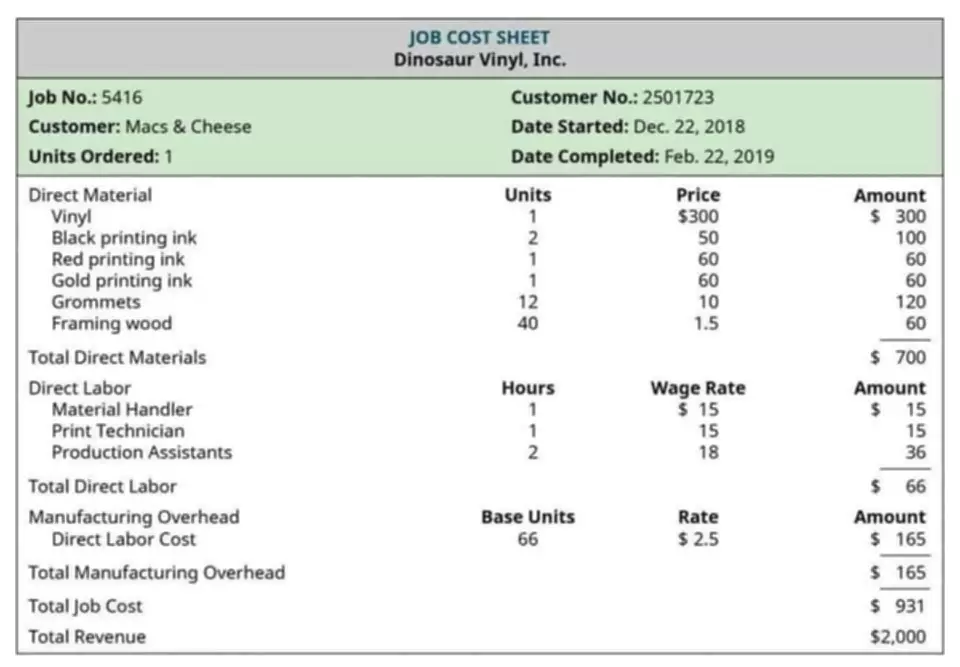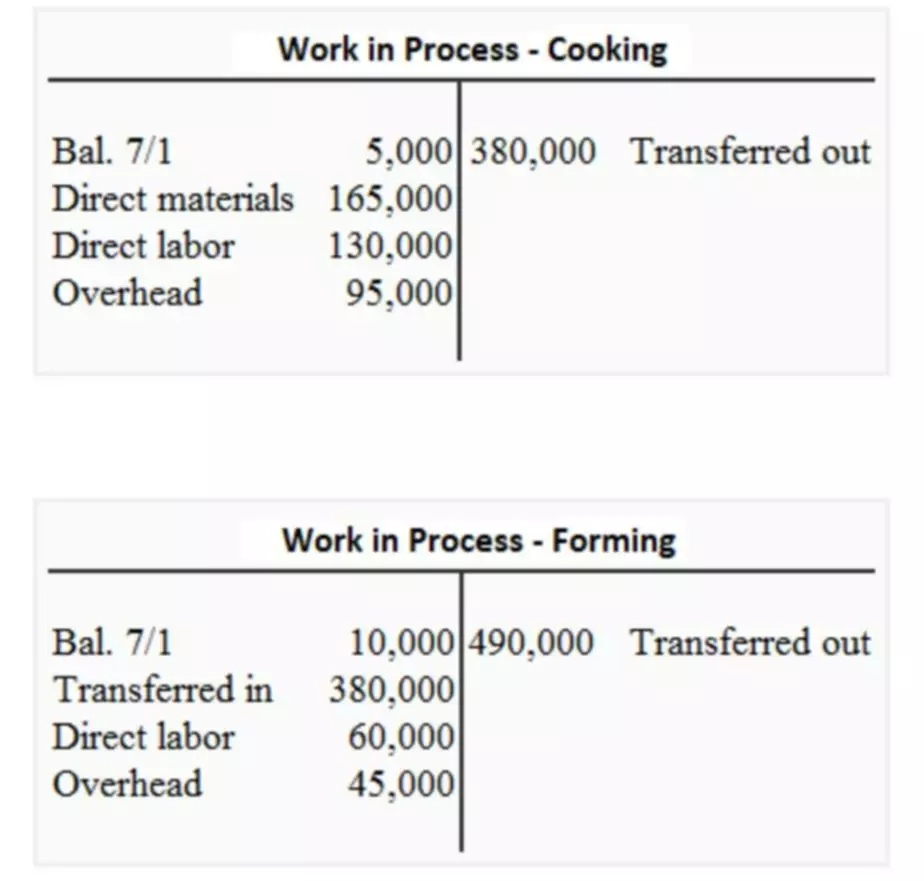Content

Here are some basic steps to get you started keeping track of your small business’s financial information, generating financial statements, and filing taxes. The difference between the two is important to understand; your business’s accounting method will affect cash flow, tax filing, and even how you do your bookkeeping. In order to pay accurate taxes at the end of the year, you’ll want to be sure to record all of your business expenses properly. While the IRS doesn’t care if you skip expenses, your tax bill will be lower if you include all business-related expenses. These firms are established and well-staffed with qualified CPAs. However, their large size leads some small business owners to prefer smaller accounting firms that will not lose them among their larger clients. Smaller firms are generally much less expensive and can provide face-to-face service.

While much of your daily accounting work probably involves paying bills, sending invoices, and recording payments, you also need to keep a close eye on your bank and credit card activity. If you have connected your financial accounts to your accounting site, then this is easy to accomplish. You can also view each account’s online register, which contains transactions that have cleared your bank and been imported into your accounting solution . A good small business accounting website can provide information in seconds that will help you answer these questions, based on the input you supply. Instant search tools and customizable reports help you track down the smallest details and see overviews of how your business is performing.
The Importance of an Accountant for Your Small Business’s Success
However, today many small businesses use collaborative accounting with two or more people working collectively, often from different locations, to cover the business’s accounting needs. You can typically perform such tasks as categorizing expenses and generating invoices and reports with little effort.
Do you wear many hats?
As a small business owner, I wear many hats. Sometimes I’m wearing my salesperson hat and other times I’m wearing my accounting hat.
I was genuinely curious about how to prioritize hiring for different roles and I’m happy @TheBrianCovey was able to… pic.twitter.com/bPszzP5iCb
— BookThinkers (@bookthinkers) July 27, 2022
This approach ensures consistency and accuracy for periods covered in the financial statements. Unlike the steps involved in the cash basis method, the adjusted trial balance guarantees the accuracy of your company’s financial records. This method simplifies bookkeeping as it records transactions whenever you receive payments or pay third parties. While the cash basis method does not match the accrual system in terms of accuracy, it is undoubtedly easier to handle.
Establish sales tax procedures
Using professional accounting methods allows you to properly strategize for your company’s future and meet your legal requirements. Income statements, often referred to as profit and loss statements, summarize a small business’s revenues and expenses over a specific period. Companies typically prepare quarterly and annual income statements. Assets have economic business accounting value and can reduce expenses and improve sales. Examples of assets include real estate, inventory, cash, and accounts receivable. Balance sheets list assets in order of liquidity — how easily they can be sold, consumed, or turned into cash. Adjusting entries are made for accrual of income and expenses, depreciation, allowances, deferrals and prepayments.
- However, all paid plans come with voice, email and chat support.
- Choose a solution with an interface that allows for easy data entry and retrieval.
- We’ll show you examples of how to record a transaction as both a credit and debit later on.
- When you need to reference a customer in a transaction, it will appear in a list.
- There are basically two methods of recording income and expenses – the cash basis and the accrual basis of accounting.
Enter some basic business information and we’ll send you up to five free quotes customized to your unique bookkeeping needs. Your general ledger is organized into different accounts in which you record different types of transactions. Bear in mind that, in the world of bookkeeping, an account doesn’t refer to an individual bank account. Instead, an account is a record of all financial transactions of a certain type. At the end of the month, quarter, or year (or any time in-between), you can generate financial reports from your accounting software.
Review quarterly payroll reports and make payments
If you’re traveling and have numerous related expenses on the road, for example, then you can take pictures of receipts with your smartphone. Some sites just attach these receipts to a manually entered expense form. Others, such as Intuit QuickBooks Online and NeatBooks, read the receipts and transfer some of their data to an expense form using optical character recognition technology. Take a closer look at how the world’s #1 CRM solution helps companies of all sizes grow faster. Your business’s tax obligations may extend beyond the above list. To make your expense tracking paper-free, we recommend Expensify.
Whenever there is a major purchase in the offing, a business will need to have adequate cash flow to meet it. Optimizing your inventory management and automating your bookkeeping with dedicated software is essential to safeguard your small business from employee theft. Investing in a professional tax accountant can bring immense value to your business, with a time commitment of a few hours per week or month. Most software platforms provide training and educational materials to help you through the setup process.
An Introduction to Accounting Software for Small Businesses
With the Early plan, you can only enter 20 invoices and five bills each month. Depending on your business, the Early plan might be too limiting. If you want robust invoicing customization and automation, FreshBooks will likely meet all of your invoicing needs and then some. With QuickBooks, it’s easy to upgrade your plan as your business grows. A notable advantage to using QuickBooks is that the two least-expensive plans are packed with features not typically found in other solutions’ basic plans. That means you may not have to step up to a more expensive plan as quickly as you might on another platform. Depending on the way you’ve structured your business legally, you’ll have different tax consequences.
- But if you use software on your own to manage your books, you don’t have an experienced set of eyes reviewing your work.
- Start-up accounting doesn’t require the full-time retention of an accountant since a day or two will typically be sufficient.
- However, it is important to note that not all expenses provide the same value.
- Get a business credit card for expenses you can’t or don’t want to pay cash for, and open a business savings account as a rainy day or investment fund.
- Accounting can be challenging enough without continually getting lost in a confusing user interface.
- And because it has a simple user interface, even financial novices could use it.
No matter your situation, here are some good choices to get you started. You can skip this step if you’re not planning on hiring any employees. However, even if you’re only hiring an occasional contractor, you should have your payroll system set up.
